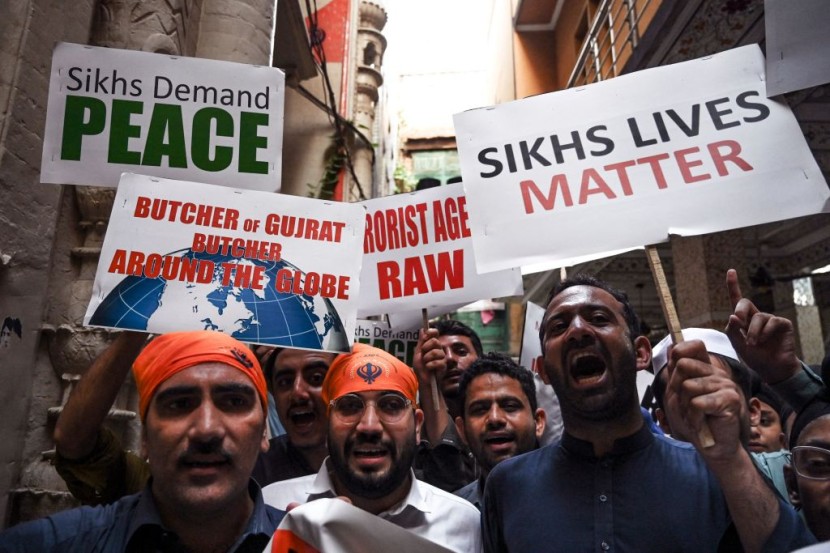
In a dramatic escalation of the diplomatic confrontation between the two nations, India stopped accepting visa applications from Canadian citizens. This comes after Prime Minister Justin Trudeau accused Indian agents of being behind an assassination that took place in Canada in June.
Arindam Bagchi, a spokesperson for India's foreign ministry, said on Thursday, September 21, that the country's high commission and consulates in Canada were temporarily unable to process visas. Apparently, the decision was due to technical and security issues.
Bagchi, speaking at a press conference, acknowledged the disruption to their operations and promised regular assessments of the matter, as reported by The New York Times.
Escalating Tensions
The suspension occurred amid escalating tensions between India and Canada after Trudeau revealed in Parliament earlier this week that Canadian intelligence agencies had evidence connecting the Indian government to the June 18 murder of a Sikh separatist in British Columbia.
On Tuesday, September 19, the Indian government strongly denied any involvement in the killing of Canadian Sikh Hardeep Singh Nijjar. Instead, they accused the Canadian government of providing a safe haven to terrorists who are trying to carve out a Sikh state in India.
Canada's top diplomat in New Delhi was then subject to an expulsion order from India. The previous day, Canada expelled an Indian ambassador who was said to be the chief of New Delhi's intelligence agency in Canada.
Due to concerns that doing so might compromise the ongoing police investigation into Nijjar's murder and betray the country's intelligence-gathering techniques, the Canadian government has not made public its conclusions about the case. Canada has reportedly reached out to India for help with this investigation.
Trudeau stated, "We are not looking to provoke or escalate. We are simply laying out the facts as we understand them, and we want to work with the government of India.
India's Travel Advisory
The Indian foreign ministry issued a travel advisory for Indian nationals in Canada on Wednesday, September 20, urging them to exercise extreme care due to a rise in politically sanctioned hate crimes and criminal violence against Indians.
According to the advisory, "Threats have particularly targeted Indian diplomats and sections of the Indian community who oppose the anti-India agenda." Therefore, Indian people are strongly discouraged from visiting the areas of Canada where these occurrences have taken place.
In comments to reporters in Ottawa, Canadian Public Safety Minister Dominic LeBlanc dismissed India's travel advisory. "Canada is a safe country. What we're doing is ensuring there's an appropriate criminal investigation into these circumstances."
After years of escalating animosity, relations between India and Canada have hit a new low this week, according to officials and observers.
Extremist Sikh organizations in the Indian diaspora, like the one founded by Nijjar, have backed a separatist campaign that threatens India's sovereignty. The Indian government has long accused Canada and other Western countries of silence.
© 2025 HNGN, All rights reserved. Do not reproduce without permission.








